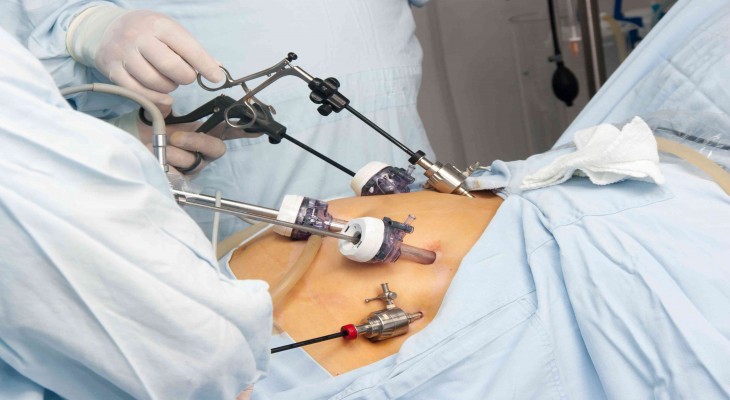A bariatric surgeon is a medical doctor who specializes in surgical procedures designed to assist patients with significant weight loss. Their role extends beyond the operating room, encompassing a comprehensive approach to patient care. A surgeon evaluates if an individual is a suitable candidate for a procedure, discusses various surgical options, and coordinates care with a multidisciplinary team of specialists. Bariatric surgeons provide this collaborative care before, during, and after surgery, facilitating effective long-term health management. Here’s information on what these surgeons offer for medical weight loss:
Improving Long-term Health
Bariatric surgery is intended to support significant and sustained weight loss, which can contribute to overall health improvements. By altering the digestive system, a bariatric surgeon can help patients achieve a healthier weight long term. Weight loss resulting from bariatric procedures helps to alleviate physical strain on the body and its inner systems.
Joint Health
Excess body weight places extra mechanical stress on weight-bearing joints, particularly the knees, hips, and lower back. This constant pressure may contribute to joint pain, sometimes limiting mobility. Weight reduction following a bariatric surgery can lessen this mechanical load on the joints. With less strain, individuals may find it easier to participate in physical activity and mobility programs as part of a comprehensive health plan.
Surgery Options
Several types of bariatric surgery are available, each with distinct benefits and medical processes. Some medical weight loss surgeries include:
- Sleeve Gastrectomy: This restrictive procedure involves removing a large portion of the stomach to create a smaller, sleeve-shaped stomach, which limits food intake.
- Gastric Bypass: This procedure creates a small stomach pouch and reroutes a section of the small intestine, combining restriction of food intake with malabsorption of calories.
- Lap-Band: A silicone laparoscopic adjustable band is placed around the upper part of the stomach to create a small pouch, restricting the amount of food that can be consumed at one time.
- Duodenal Switch: This is a complex procedure that combines a sleeve gastrectomy with a significant intestinal bypass, leading to both restriction and malabsorption.
Reducing Health Risks
Higher body weight is statistically associated with an increased likelihood of developing certain health conditions. These include high cholesterol, type 2 diabetes, osteoarthritis, and depression. Surgically assisted weight loss may contribute to risk reduction for these and other conditions. Through sustained weight management and the adoption of coordinated lifestyle changes, patients can actively work toward a healthier state. These procedures are not a guaranteed solution, but they can be an effective component of a broader health strategy.
Impacting Metabolic Health
Bariatric procedures can influence the body’s metabolic functions by altering gastrointestinal anatomy, as modifying the stomach and small intestine can change the production of gut hormones. Gut hormones communicate with the brain about hunger cues. When anatomical changes are made with surgery, they affect how hormones signal to the brain, impacting appetite, satiety, and blood sugar control. The metabolism adjusts to these changes and commonly improves as the body regulates.
Learn More From a Bariatric Surgeon
If you are overweight or obese, and other methods of weight loss have seemed ineffective, contact a bariatric surgeon for a consultation. Their expert guidance can help you understand your unique health profile and what bariatric services may benefit you. Find out if you are a surgical candidate, and get an assessment today.





